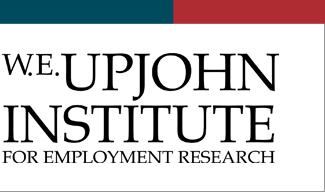Title
Early Childhood Programs and Local Economic Development
Project Dates
09/03/2009 - 12/31/2010
Description
This book publication project analyzed early childhood programs’ effects on regional economic development. Four early childhood programs were considered: 1) universally accessible preschool for four-year-olds of similar quality to the Chicago Child Parent Center program; 2) the Abecedarian program, which provides disadvantaged children with high-quality child care and preschool from infancy to age five; 3) the Nurse Family Partnership, which provides low-income first-time mothers with nurse home visitors from the prenatal period until the child is age two; and 4) the Parent Child-Home program, which provides home visits and educational toys and books to disadvantaged families when the child is between the ages of 2 and 3. The book, Preschool and Jobs: Human Development as Economic Development, and Vice Versa, considers the main benefit of state economic development to be the resulting increase in earnings of the original residents who stay in that state. Early childhood programs increase residents’ earnings largely by increasing the quantity and quality of local labor supply. These programs will increase the employability and wages of former child participants in these programs. The book compared the effects on local earnings of early childhood programs with the effects of business incentives (e.g., property tax abatements).
Sponsorship
Pew Charitable Trusts
Subject Area
EDUCATION; Early childhood


Publications
Why Investing in Kids Makes Sense for Local Economies Timothy J. Bartik (2011)
Investing in Kids: Early Childhood Programs and Local Economic Development Timothy J. Bartik (2011)